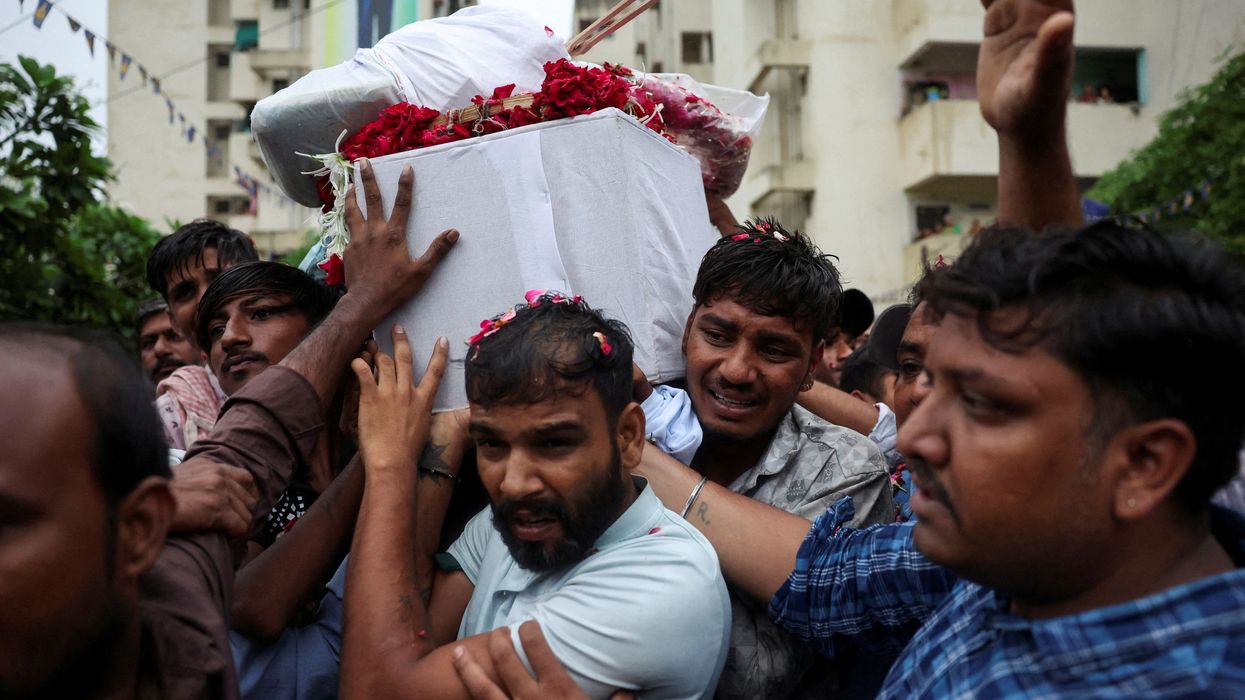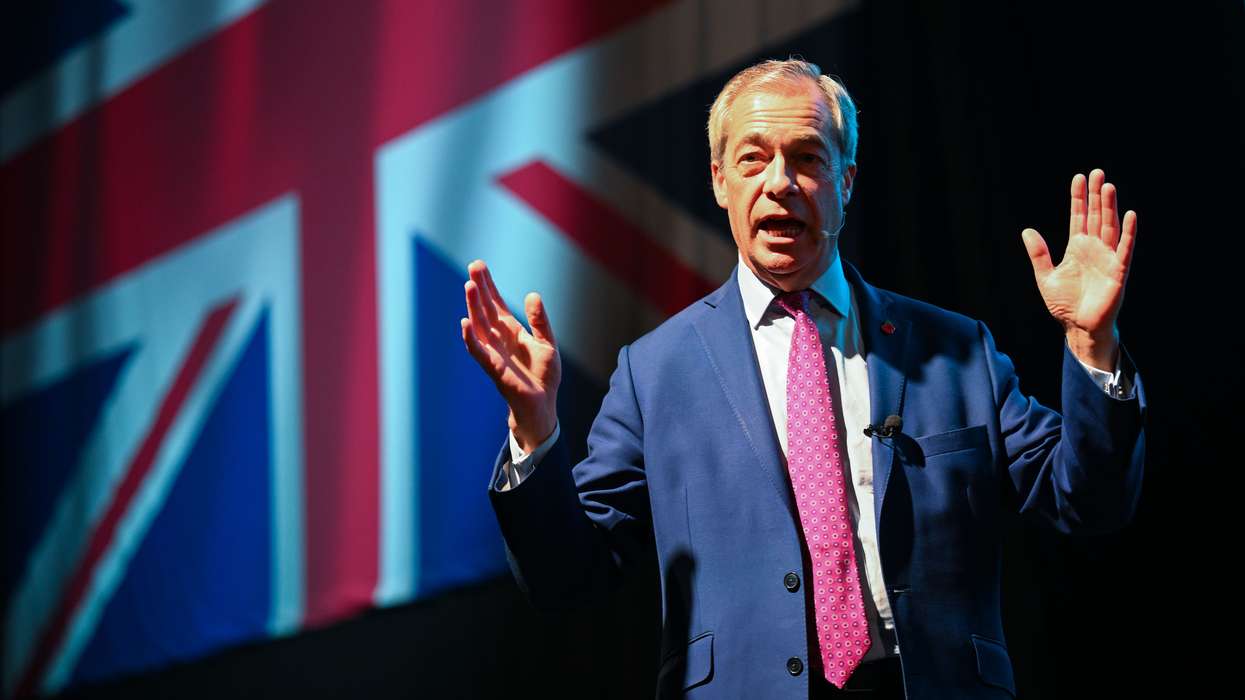FIVE days after the Air India plane crash in Ahmedabad that killed 270 people, officials on Tuesday said that 135 victims have been identified through DNA testing, and 101 bodies have been handed over to their families.
According to authorities, DNA tests are being conducted to confirm the identities of victims as several bodies were charred or severely damaged.
“Till Tuesday morning, 135 DNA samples have been matched, and 101 bodies have already been handed over to the respective families. Of these 101 deceased, five were not on board the flight,” Ahmedabad Civil Hospital’s medical superintendent Dr Rakesh Joshi said.
He added that the 101 deceased belonged to different parts of Gujarat, Maharashtra, Bihar, Rajasthan and Diu. Joshi earlier said he hoped DNA profiling of all victims would be completed by Tuesday evening or Wednesday morning, PTI reported.
ALSO READ: Air India crash: Victim funerals begin as probe into cause continues
The crash occurred on June 12, shortly after the Boeing 787-8 Dreamliner aircraft took off from the Sardar Vallabhbhai Patel International Airport at 1.39 pm. The plane, which was bound for London, crashed into a medical college complex in Ahmedabad.
There were 242 people on board the flight. Of them, 241 died and one person survived. The crash also killed 29 people on the ground, including five MBBS students.
Air India chairman addresses staff after crash
Air India chairman N Chandrasekaran on Monday addressed employees in a town hall at the airline’s headquarters near New Delhi. The meeting, attended by 700 staff, came days after what is being described as one of the deadliest air disasters in a decade.
“I’ve seen a reasonable number of crises in my career, but this is the most heartbreaking one,” he said, a Tata Group spokesperson told Reuters.
“We need to use this incident as an act of force to build a safer airline,” Chandrasekaran told the staff.
The Tata Group owns Air India, and Chandrasekaran is also the chairman of the conglomerate.
ALSO READ: Air India crash: Victims remembered during King Charles's birthday parade
Investigation and safety review underway
The Boeing 787-8 Dreamliner lost altitude shortly after takeoff and crashed into buildings, resulting in a large fire. Only one passenger survived, and around 30 people on the ground also died. The flight was heading to Gatwick Airport near London.
The Indian government and Air India are reviewing the crash, focusing on several technical aspects, including engine thrust, the position of the flaps, and why the landing gear remained open.
“We need to wait for the investigation … It’s a complex machine, so a lot of redundancies, checks and balances, certifications, which have been perfected over years and years. Yet this happens, so we will figure out why it happens after the investigation,” Chandrasekaran, 62, said.
Both the flight data recorder and the cockpit voice recorder have been recovered, and authorities said these will be critical for the ongoing probe.
Impact on airline and Boeing
The crash has come at a time when Air India is trying to modernise its fleet after years of losses and operational issues during government ownership. Since acquiring the airline in 2022, the Tata Group has announced plans to develop it into a "world-class airline".
The crash also adds pressure on Boeing, which has been facing safety and production concerns in recent years.
On Monday, a separate Air India Boeing 787-8 aircraft heading from Hong Kong to New Delhi returned to Hong Kong shortly after takeoff due to a technical issue.
Chandrasekaran said, “It’s not easy to face criticisms. We are going to get through this. We need to show resilience.”
Ongoing efforts in Ahmedabad
Meanwhile, in Ahmedabad, many families continue to wait to collect the bodies of their relatives. Medical teams are working on identifying victims using dental samples and other methods.
Only 99 DNA matches had been confirmed by Sunday evening, and 64 bodies had been handed over at that point, Dr Joshi said.
Authorities are continuing the identification process as part of the larger effort to assist grieving families and determine the cause of the crash.





